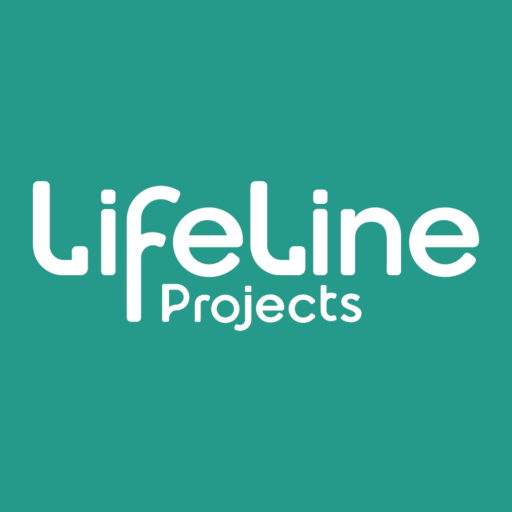Stakeholders, trustees, management teams, funders, and commissioners no longer just want to know just what we do—our outputs—they want to know the full impact that our work is having.
LifeLine Projects is well-known for its award-winning VIP Mentoring approach. We’re currently supporting over 600 at-risk young people. And, since 2000, we’ve helped over 300,000 people across our various programmes using a range of tools to demonstrate impact;
- The Warwick-Edinburgh Mental Wellbeing Scale (WEMWBS)
- Student Resilience Survey (SRS)
- Evaluation forms
- Formative and summative attendance and behaviour assessment
- Self-Report Delinquency Scale (SRDS)
Twenty years ago, when programmes or initiatives were assessed, meaningful impact measurements were not in common use. But now, there are an abundance of impact measurement toolkits available—one that our SW!TCH team are currently using is the Self-Report Delinquency Scale (SRDS) from the Edinburgh Study of Youth Transitions and Crime (ESYTC).
This tool helps to measure the severity and frequency of ‘hidden and socially unacceptable’ behaviours and actions carried out by young people. A further aim is to explore why some young people become serious, frequent, and persistent offenders and why some young people do not.
The SRDS is used alongside other measurements carried out by our Youth Development Workers, such as the Warwick and Edinburgh Wellbeing Scale (WEMWBS) which assesses the mentees wellbeing. Through these measurements, we can see the direct impact being made by our work and how far a young person has came during their time with us.
The SRDS questionnaires are used when a young person we work with has been identified as “at risk of criminal exploitation”. The first time a young person fills out the questionnaire is when their mentoring with a Youth Development Worker begins. It is then repeated at both the halfway point and completion of the mentoring period (usually totalling 26 weeks). The questionnaire (self-administrated and completed by the young person themselves) explores the young person’s involvement with nineteen different negative behaviours.
What are the negative behaviours?
- Fare-dodging
- Noisy/cheeky behaviour in public
- Shoplifting
- Ride in stolen vehicle
- Theft from school
- Carried a knife/weapon
- Graffiti
- Robbery
- Criminal Damage
- Housebreaking
- Theft from home
- Broken into vehicle to steal
- Fire-setting
- Harming or injuring animals
- Assault
- Bullying
- Racial assault or harassment
- Selling illegal drugs
- Skipped or skived school
The questionnaire produces two scores:
- Variety of delinquency score: the number of different offending behaviours the respondent reports having been involved in.
- Volume of delinquency score: the estimated minimum total number of offending behaviours committed.
Progression of SW!TCH mentees using SRDS, 2022-23
Average volume score
Average variety score
What we’ve learned from the results of these self-reporting questionnaires is the young people we mentor show a noticeable decrease during their time with us in self-reporting any of these hidden or socially unacceptable behaviours. This serves as a useful indicator of the success of the mentoring process in moving a young person away from these negative behaviours. It should be noted that, as the survey is self-reporting, there is always the possibility of false claims in these questionnaires—however, in our experiences, the relationships we develop through mentoring lead to greater trust and a willingness to open up and be honest.

We’ve been using SRDS with SW!TCH Futures for about a year now, and it’s been a useful measure for tracking the progress a young person has made with us. It can also help our Youth Development Workers to identify problematic behaviours that contribute to risk of Serious Youth Violence for a young person and to highlight which behaviours have been reduced and which still require additional work.
—Alex Nelson, SW!TCH Lives Manager



